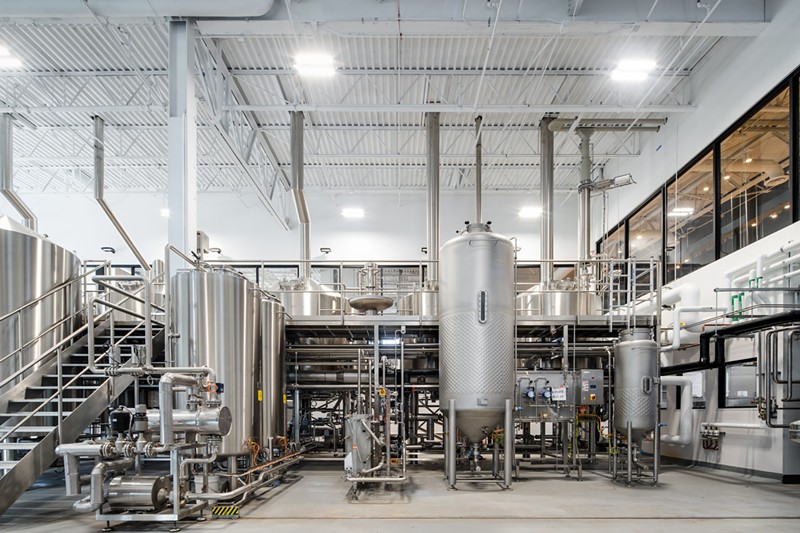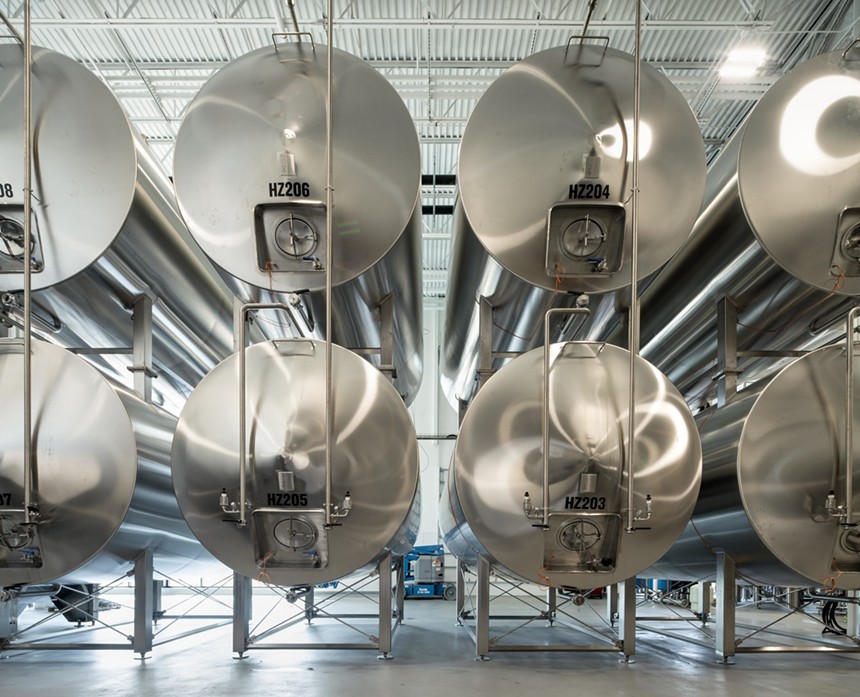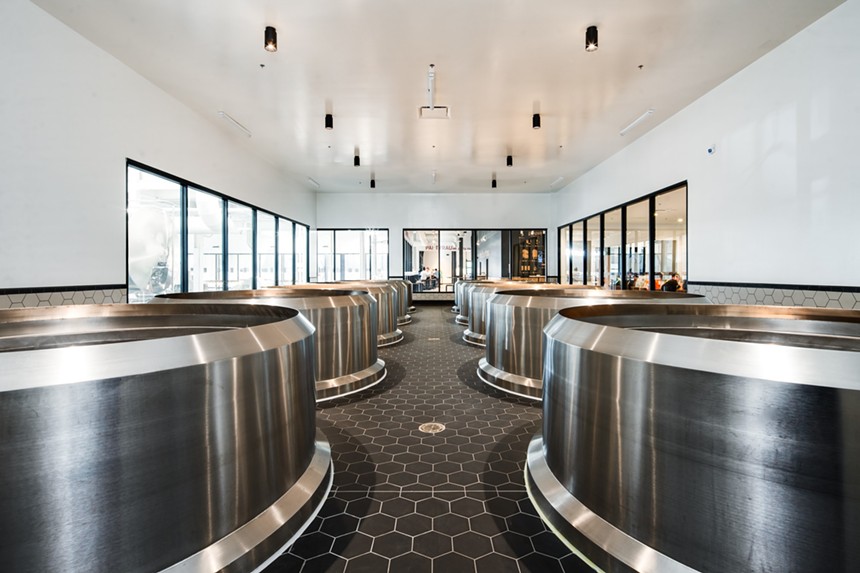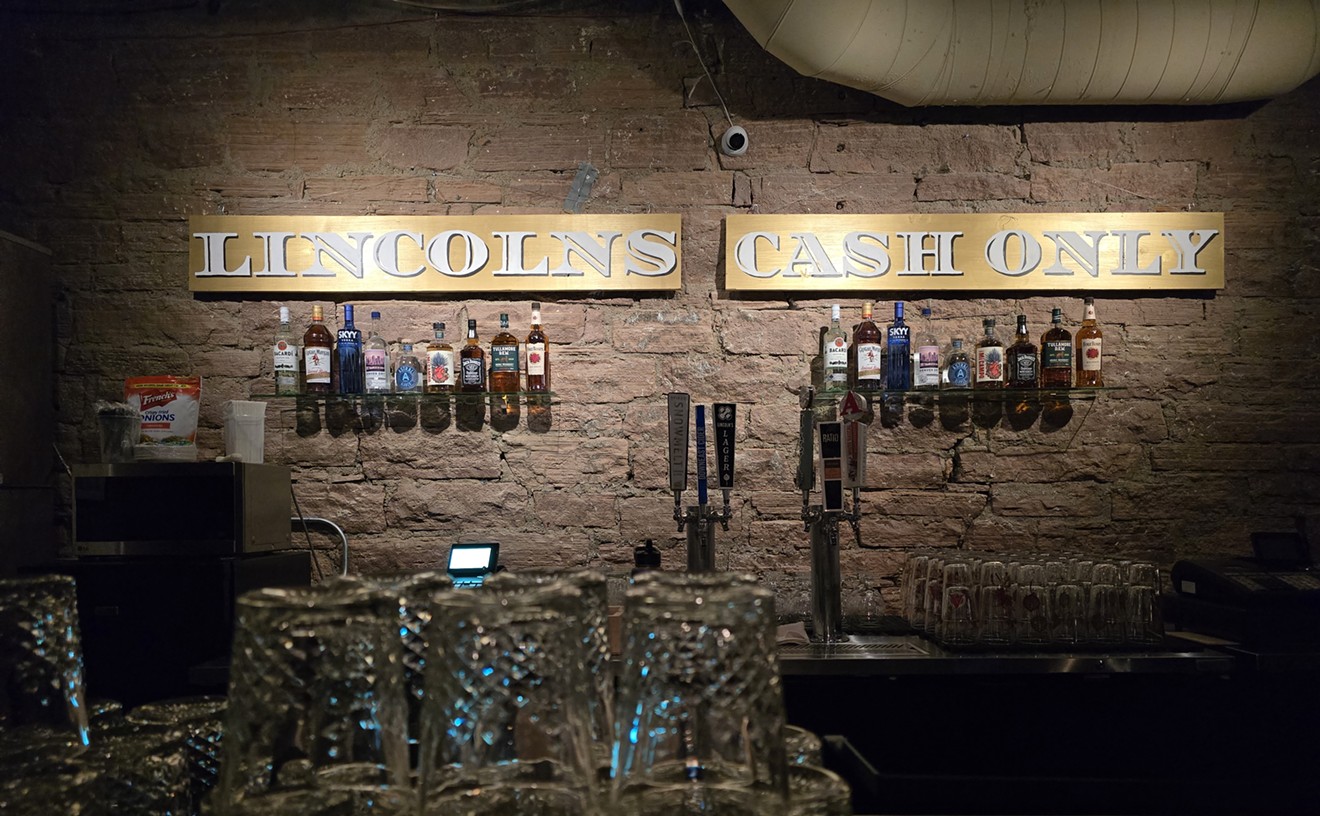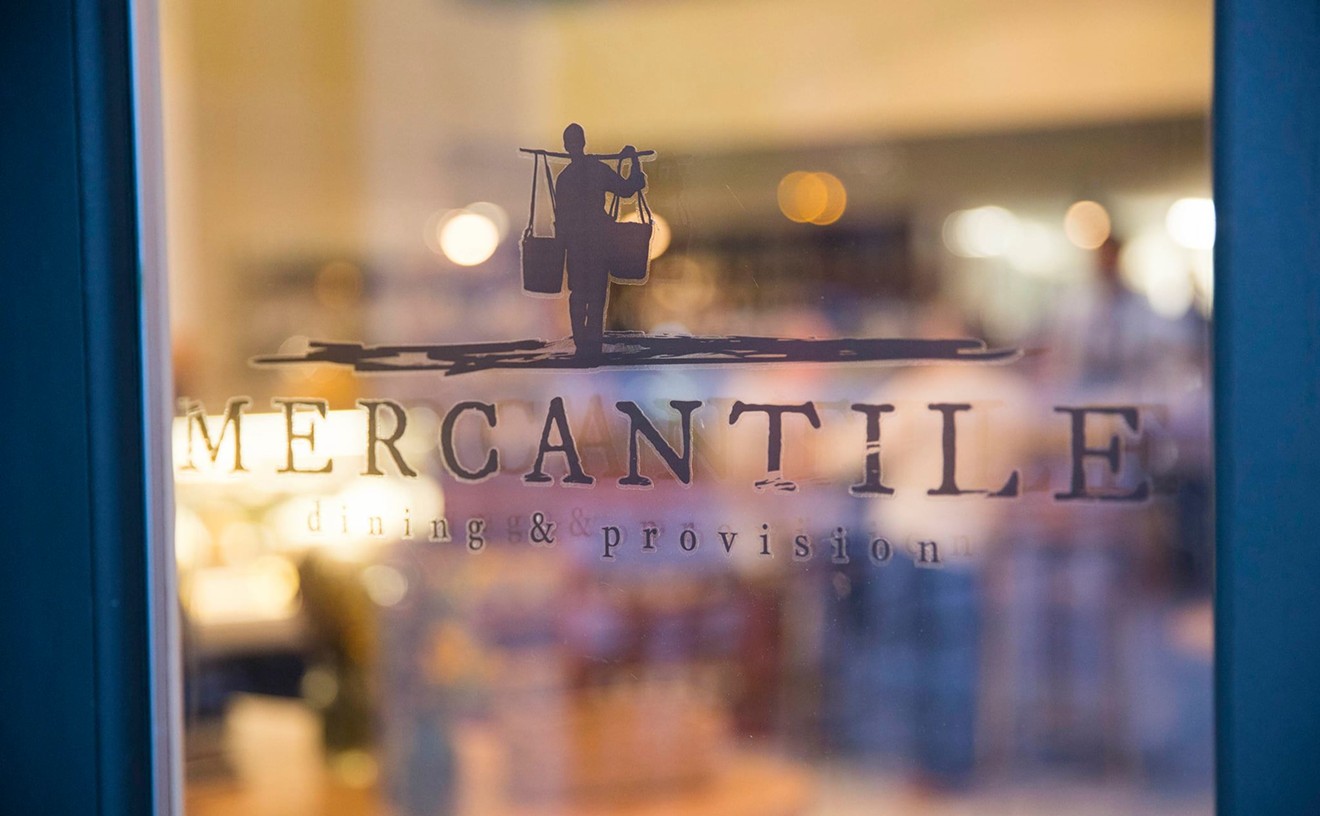The location opened in December last year, and its state-of-the-art system has components found in only a few places globally, rivaling the very best German brewhouses when it comes to advanced equipment and capabilities. So how does the beer stack up, and what does the overall picture look like?
In designing the type of brewing system that team members wanted to represent the Prost brand, they used iconic beers and breweries around the world for inspiration.
“I thought about [Russian River’s] STS Pilsner, which is open-fermented and naturally carbonated,” says O’Connor. “I think about all the beer I’ve had from Schönramer [in southeast Germany], open-fermented and horizontally lagered, and I really wanted to find a way to incorporate those brewing techniques into what we do here."
O’Connor also looked toward the famous Pilsner that Trumer makes and how it uses a special mashing process that separates the husk from the grain. This is important because the husk can hold harsh flavors like tannins and other astringent characteristics.
A primary feature of the six-roller mill that Prost installed is to separate the husk and remove a lot of the tannins, resulting in a softer, rounder beer. “The way you layer flavors in beer, it’s a lot like when you dissolve tannins directly into wine,” O’Connor notes. “For me, I like clean, vibrant flavors out of the beer I drink, but it doesn’t have to linger or destroy your palate."
In line with that approach, the Schoko vacuum boiling system uses less heat, reducing the protein breakdown in the beer. This helps preserve wort quality, resulting in better foam and flavor stability in the final beer.
The primary fermentation is done in open vessels — something commonly found in German breweries. One impact is a lower amount of sulfur in the finished beer. Prost’s open-fermentation system runs on a separate HVAC system, with HEPA-filtered air going into the room in a single direction. “It’s similar to how you design medical device cleaners,” explains O’Connor, who adds that the entire room is kept under positive pressure, with the brewery’s lab as the only entrance.
The open fermenters have ports attached to them that allow vacuum pumps to collect the CO2 being produced by the beer during primary fermentation. In fact, all of Prost’s beers are naturally carbonated. Most of that can be done by transferring the beer into a secondary fermentation vessel and then sealing it off, capturing the natural CO2. This is advantageous because natural carbonation contains less oxygen than manufactured CO2. The result is a fresher-tasting beer with tighter bubbles in the foam and a superior structured mouthfeel.
Using de-aerated water is another unique part of the Prost process, and is something few craft breweries in the U.S. employ, though it is fairly commonplace in Germany. It helps preserve the malt flavor in the final beer and to extend the shelf life.
O’Connor and Prost president David Deline found the equipment to achieve the desired goal primarily from Kaspar Schulz, a company out of Bamberg, Germany, that calls itself the world’s oldest manufacturer of brewery equipment. “A lot of the other manufacturers were trying to fit people into [a box],” says O’Connor. While going with some of those other companies would have resulted in a lower price point, Kaspar Schulz was willing to customize the system for Prost and deliver it at a higher level of quality.
Both O’Connor and Deline knew that they had the perfect brewing system with Kaspar Schulz, but they still had one problem: Prost isn't a massive company. In order to afford the new system, more than just Prost beer would need to be brewed on it.
Now that plan is in action. Currently, Prost’s beer accounts for roughly 20 percent of production. Deline isn't expecting that to change anytime soon; he plans to scale contract accounts alongside the brewery's growth. That growth plan includes adding multiple Prost biergarten taprooms along the Front Range; the next is set to debut next summer in Wheat Ridge, near the new Lutheran Hospital location.
Quite a bit of automation is present throughout the brewhouse, which cuts down on labor. This is a give-and-take situation, according to Deline, who says that the strategy allows the company to pay for a smaller but higher-quality staff. O’Connor adds that it’s difficult to find somebody on the staff with fewer than five years of professional experience, with most of the team having run an entire brewery before joining Prost.
“This technology is amazing,” he continues, “but it really comes down to the people.” He cites the team members, including head brewer Josh Rapp, who was the brewing manager at Avery Brewing for a decade, and yeast plant manager Nicole Balistreri, who has three years of experience at local yeast lab Inland Island. Balistreri works in the lab with Jennifer Reddish, the director of quality, who has previous experience at Molson Coors, Breckenridge Brewery and Avery. Brewmaster Eric Nichols was formerly the head brewer at several Denver-area breweries. “The staff that we have are some of the best and brightest people from the industry,” confirms O’Connor.
Deline is excited for what has taken shape but was admittedly unsure how it would all come together. “Credit to Chris, we’re finally doing the whole process,” he says, listing all of the advanced features of the brewhouse. “We’ve been waiting three years for this; the first beer finally came off and we had no idea what it was going to taste like."
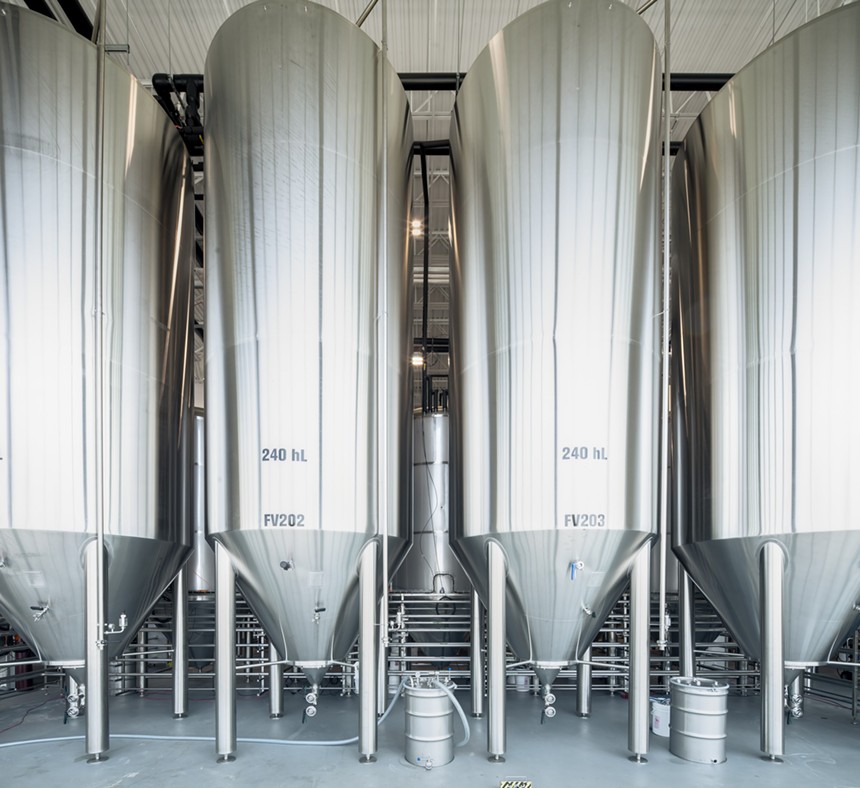
Prost's new facility is producing approximately eight percent of its volume for other breweries.
Prost Brewing Co.
The beers we sampled just after a December 2023 soft opening were primarily made at Avery Brewing Company in Boulder, where Prost had contract-brewed for years. When we visited Prost in the early summer, the beers on draft were brewed on site but hadn’t yet taken advantage of all of the new brewhouse technology. On both of these visits, the beers were well made, and most breweries in and around Denver would be happy to produce that level of lager.
But there was a notable difference on our most recent visit. The two beers brewed with the full brewhouse kit were fantastic. Both the Kölsch and the Pilsner had a strikingly fresh malt character that was well integrated into the overall flavor profile. Balance and flavor were two descriptors that kept coming to mind while sipping these brews.
It will be interesting to see how the full lineup of beers continues to evolve. O’Connor says a lot of the improvement in the beer is in the process. “The recipes have been pretty consistent; it’s really the availability of this type of technology that allows us to make the beer the way we want it,” he concludes. “Nothing is perfect yet."

